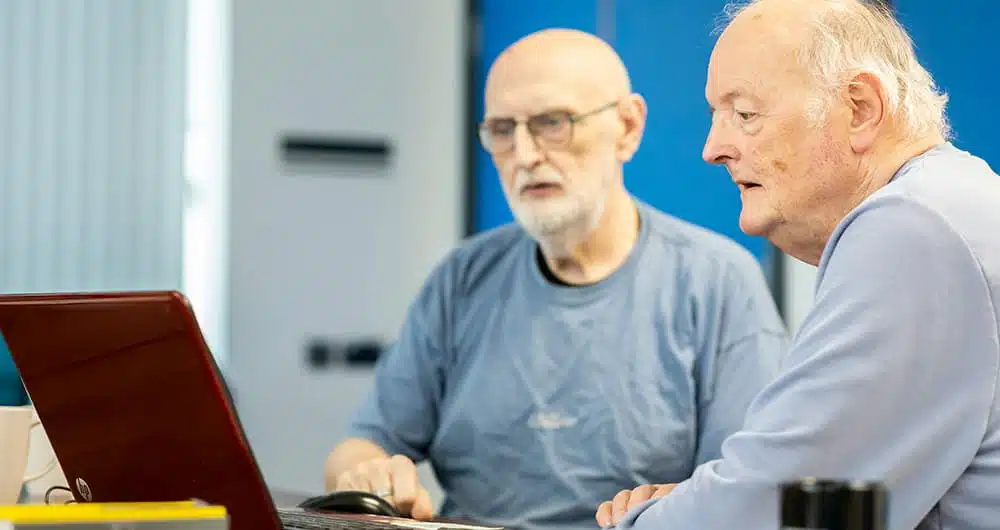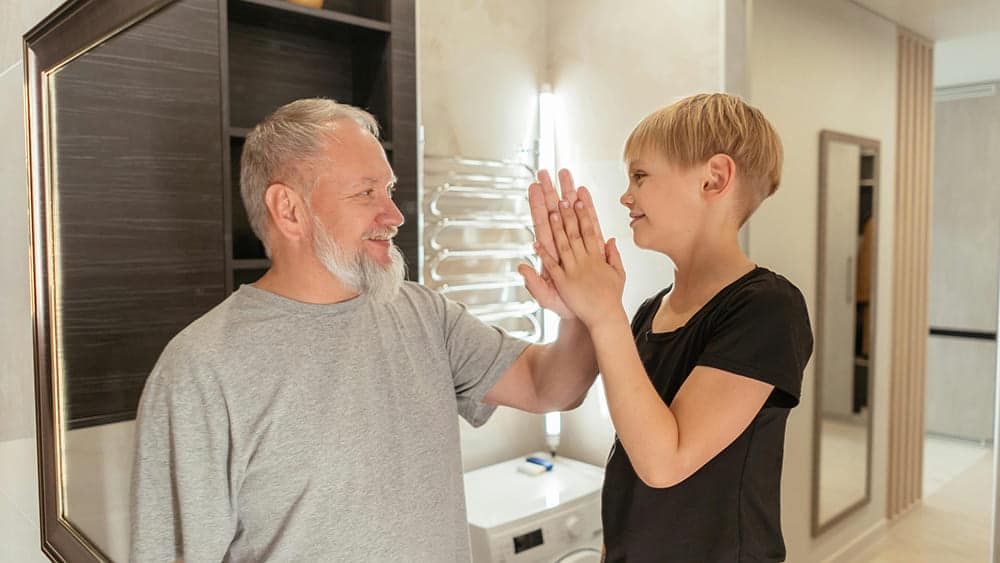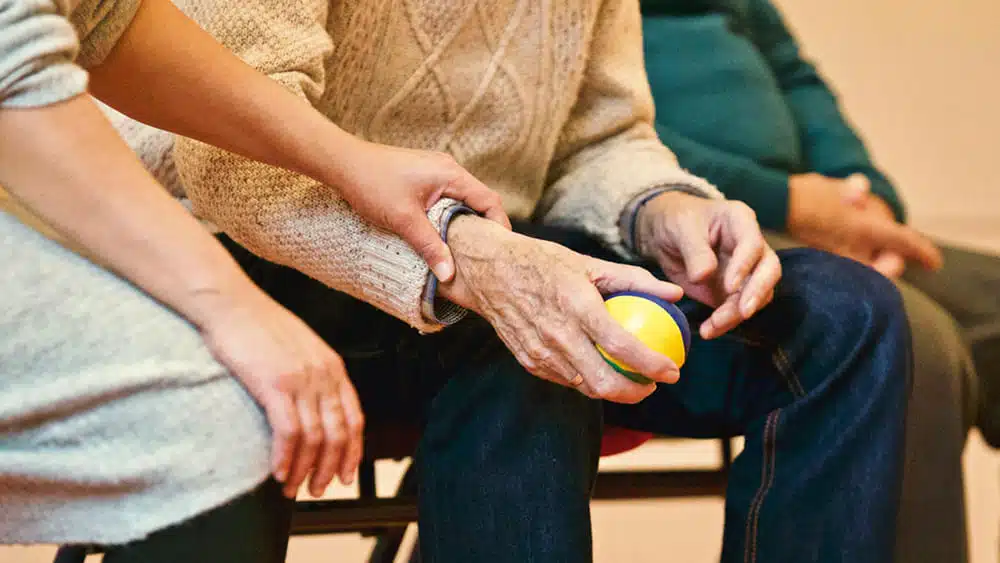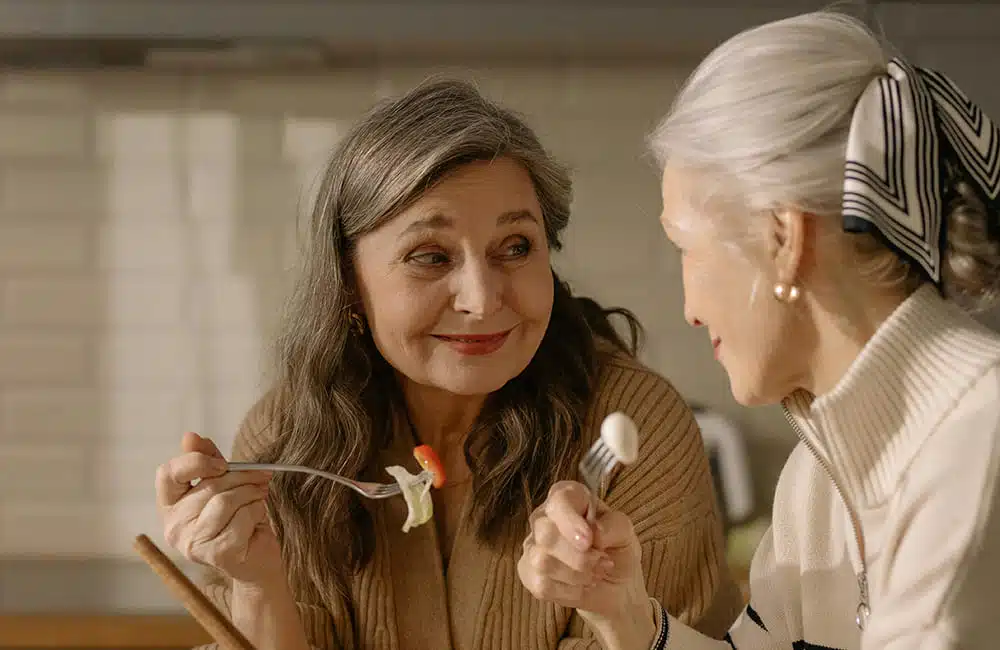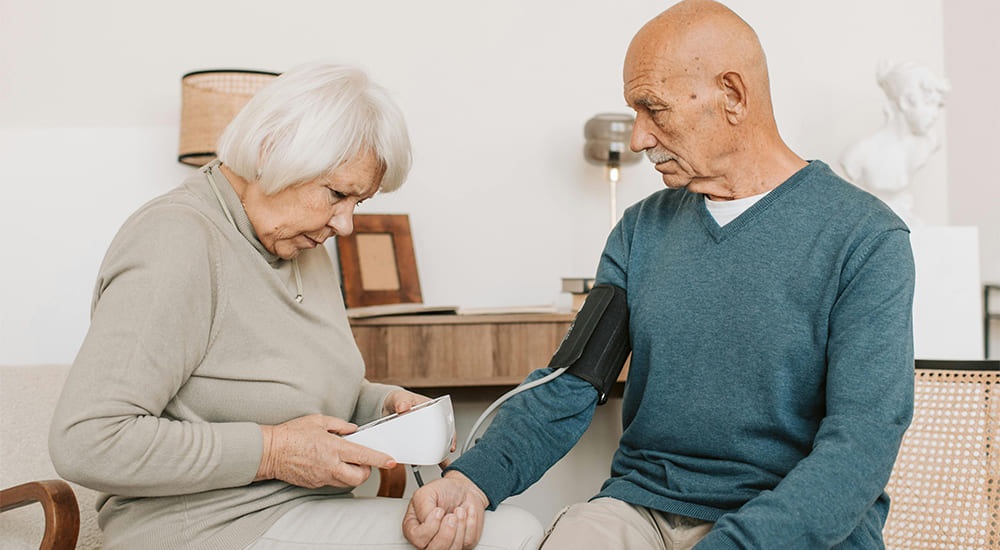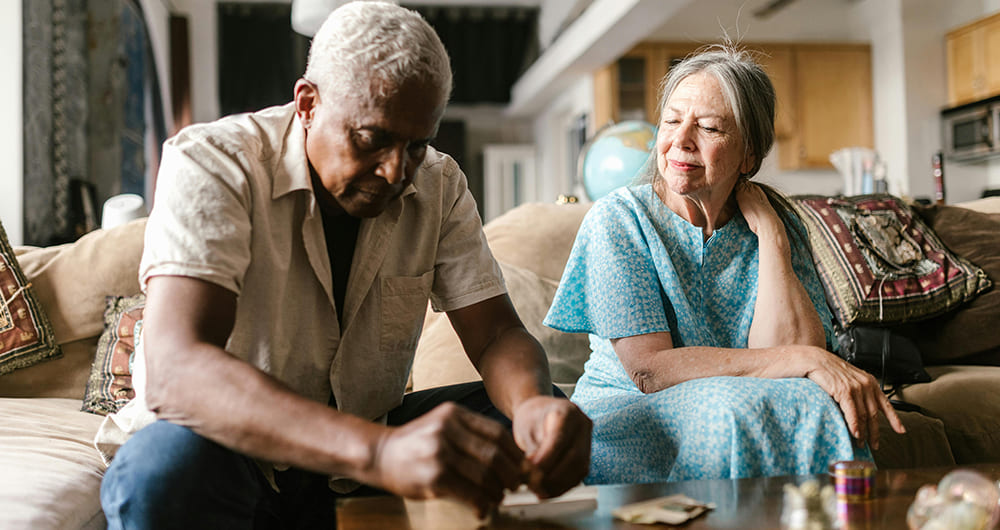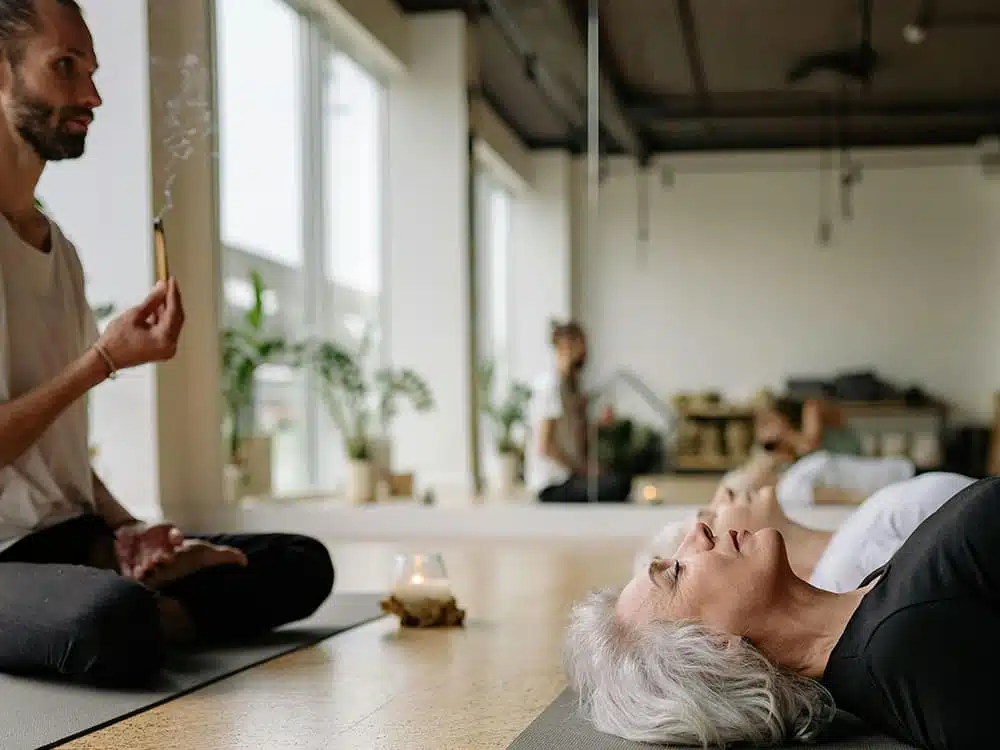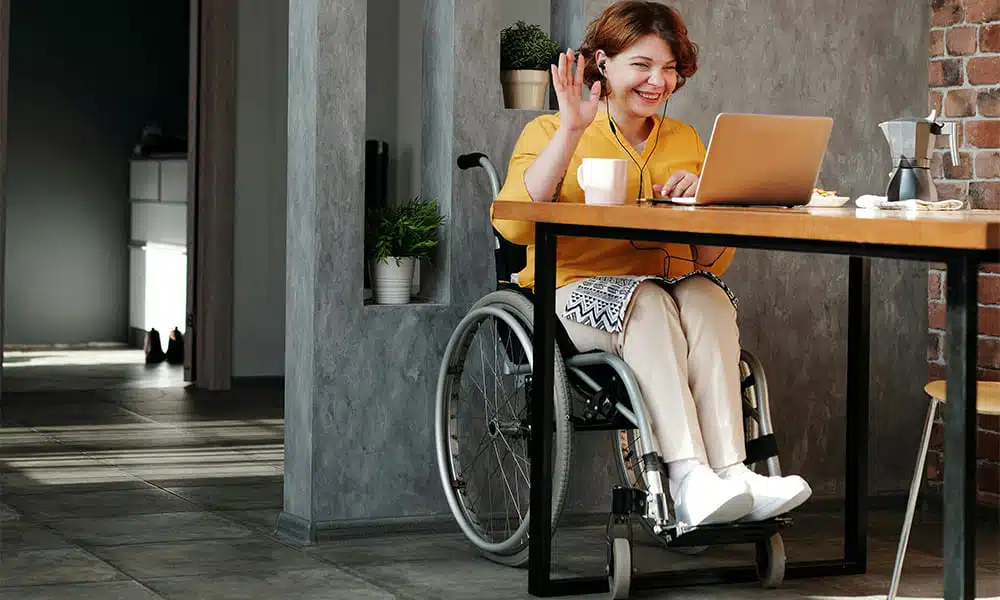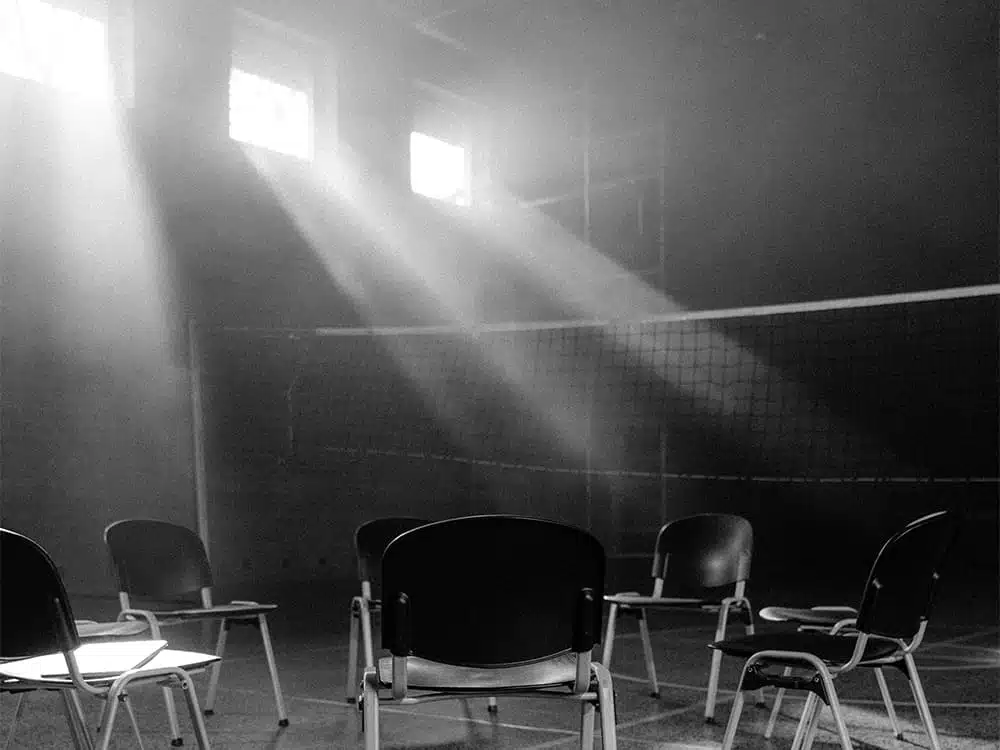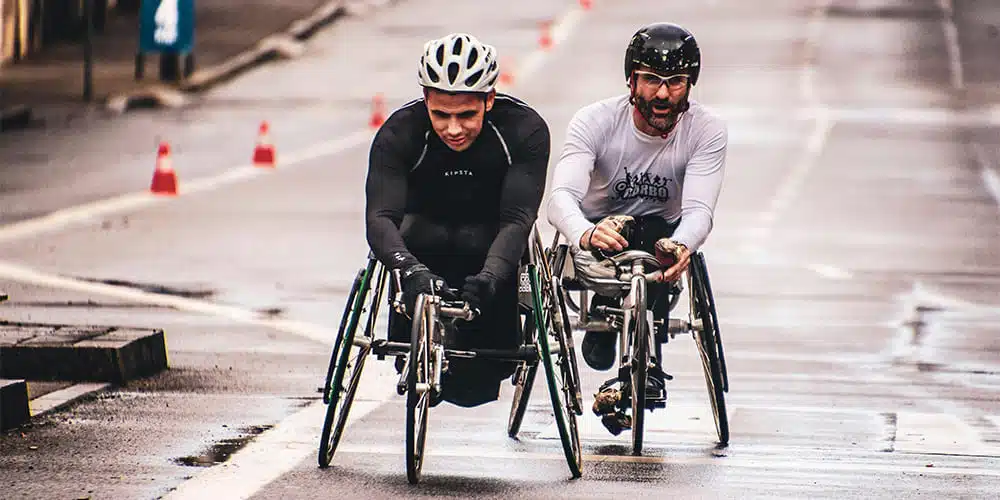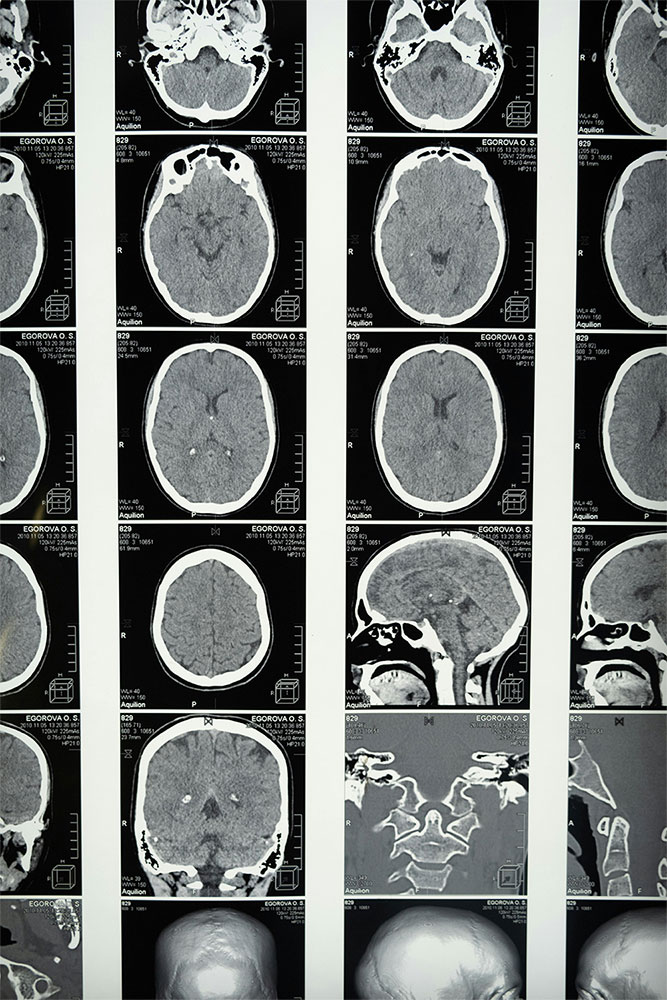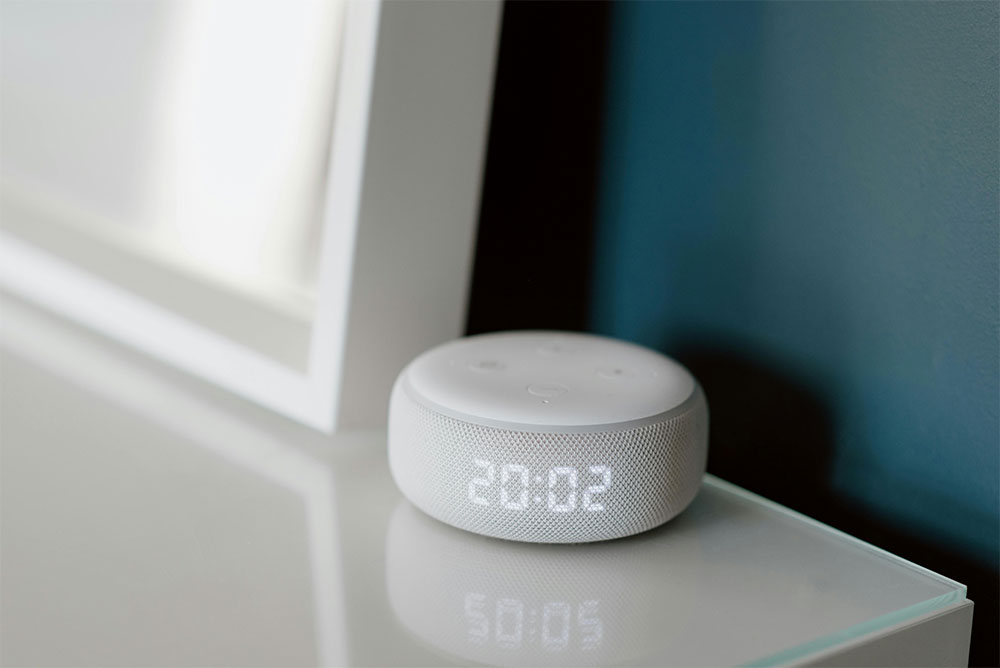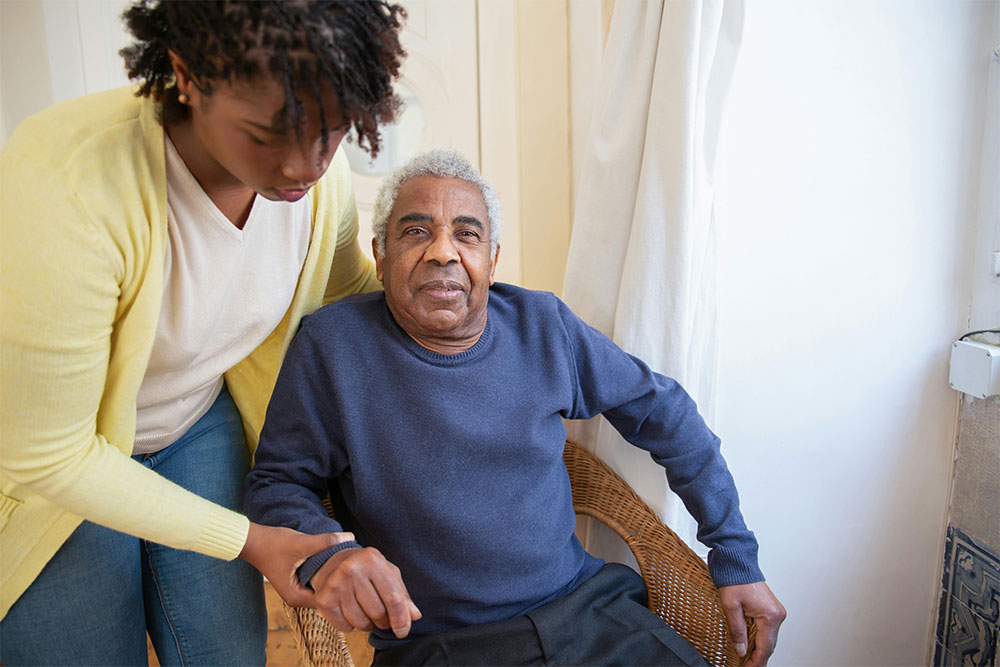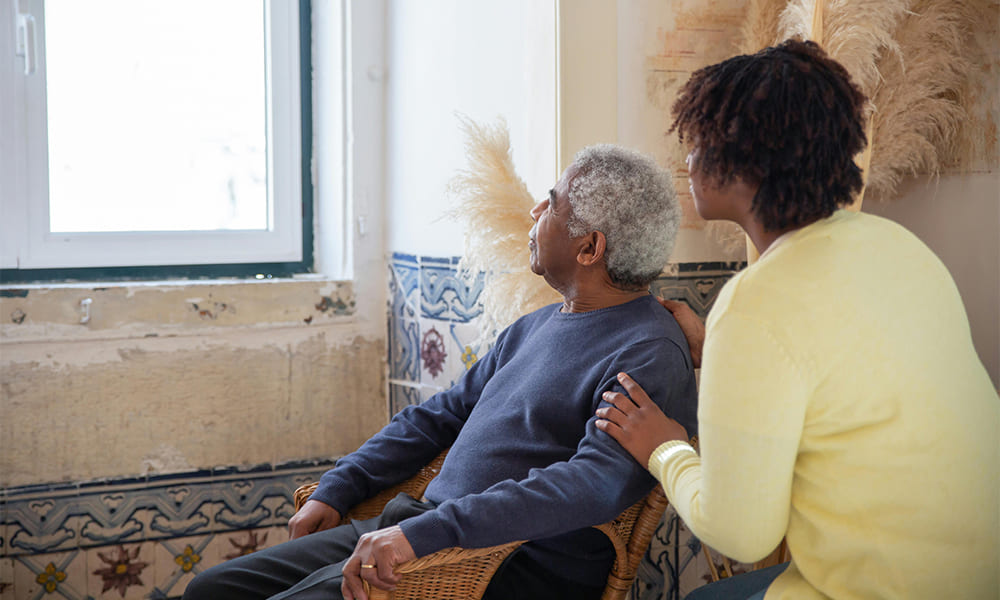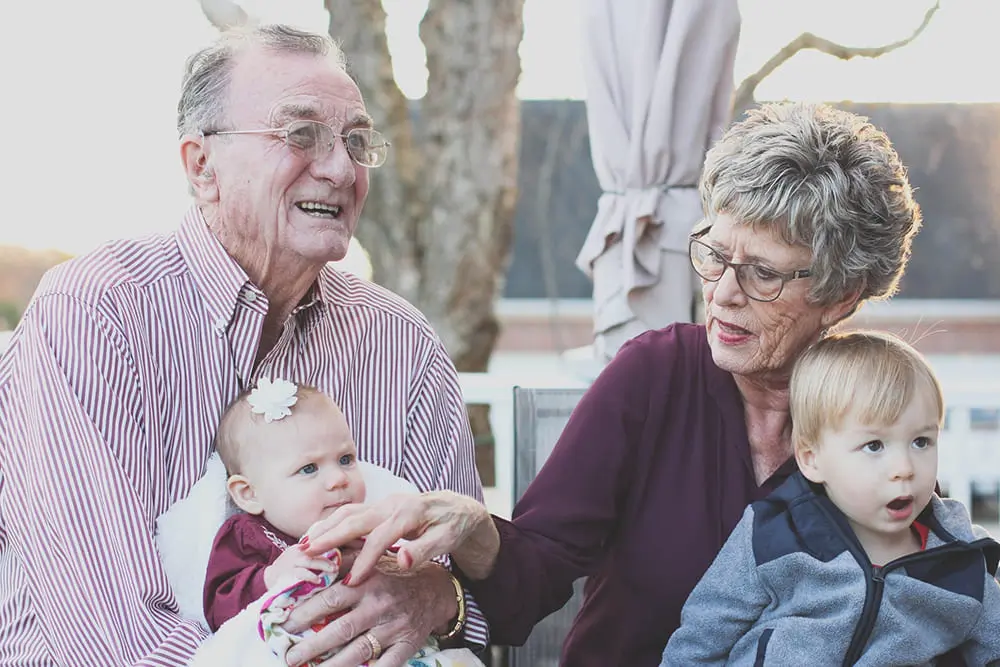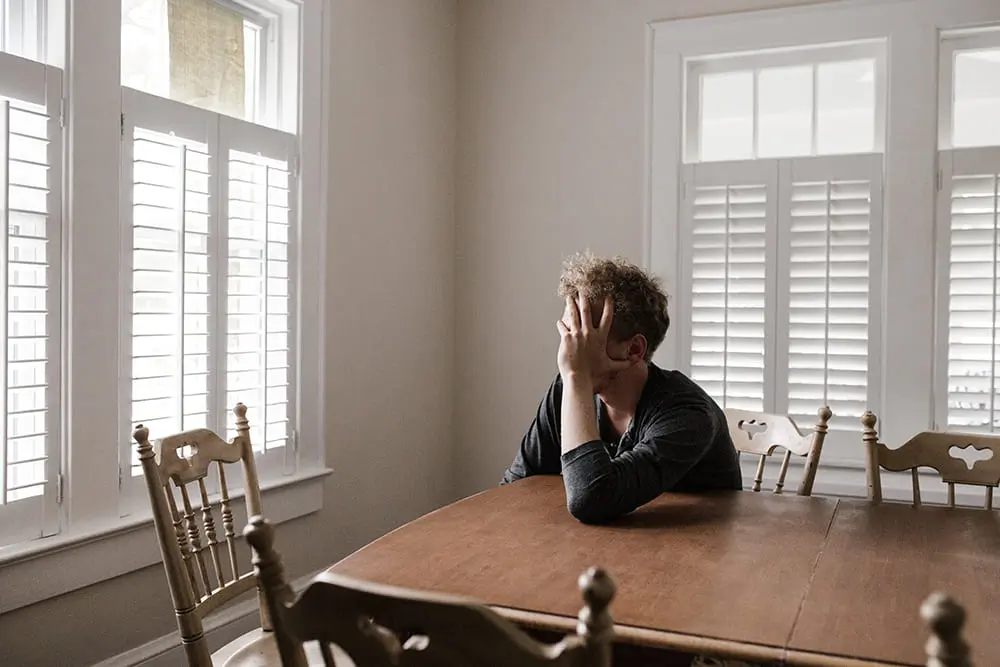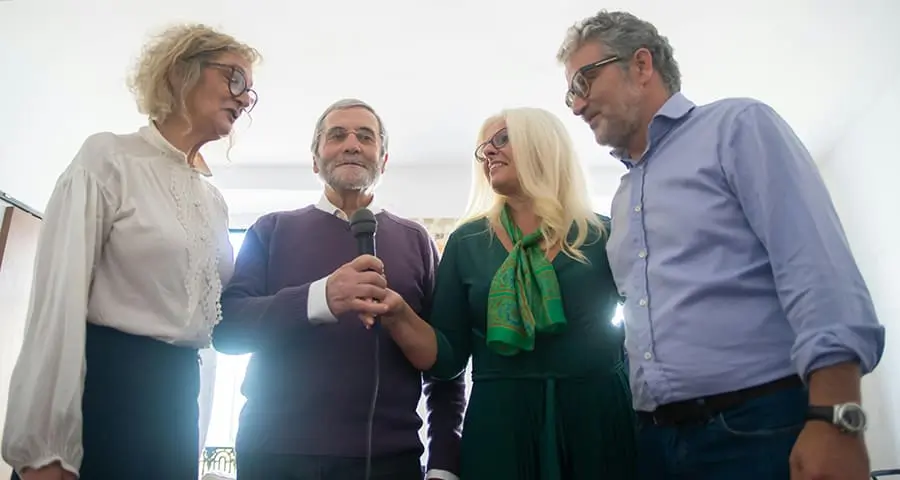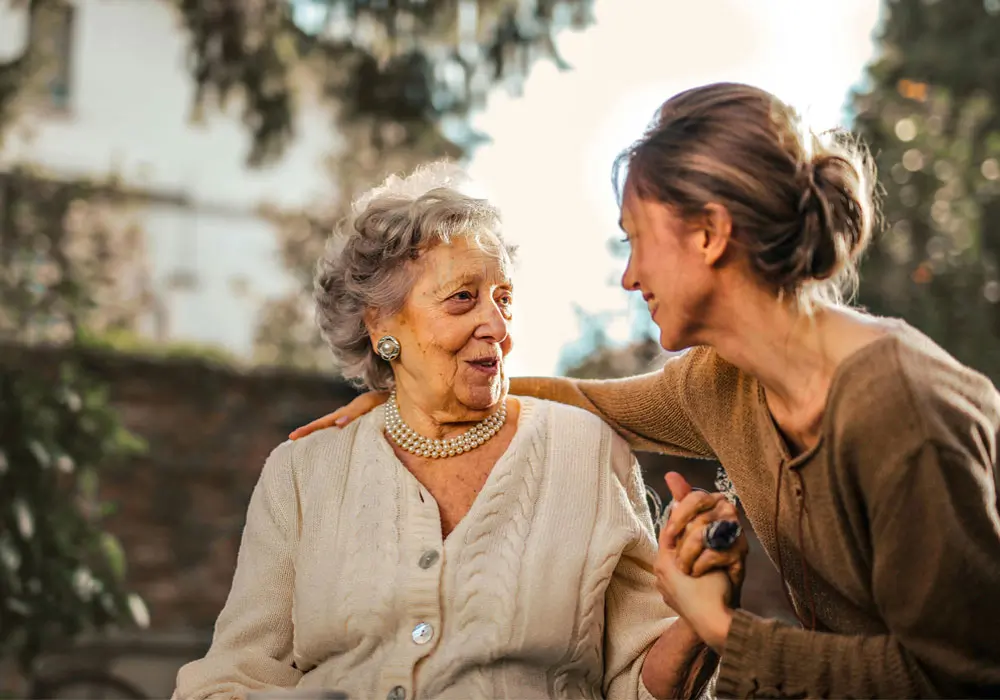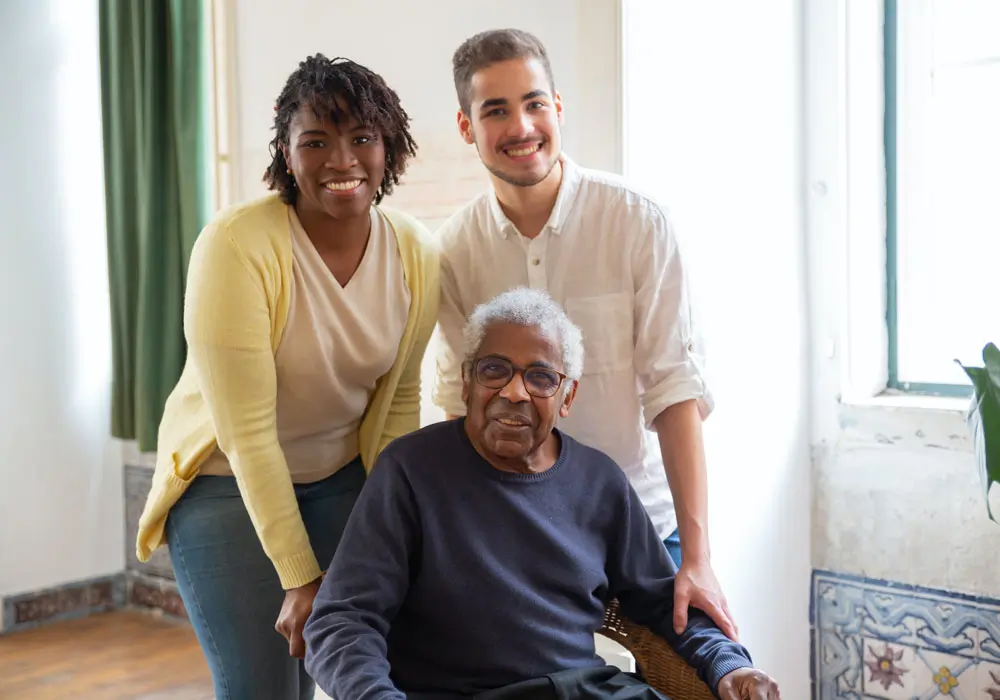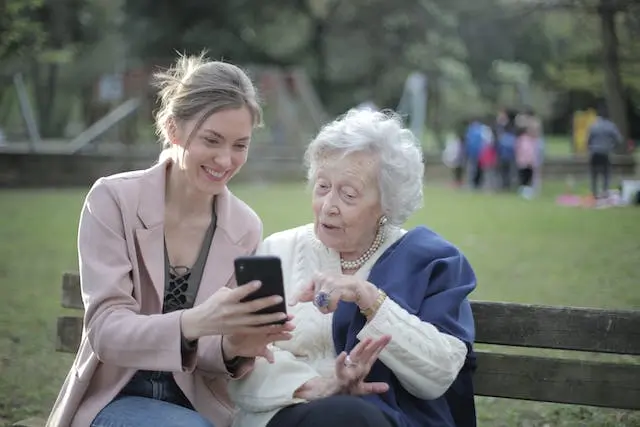Explore brain exercises for seniors designed to enhance cognitive health and mental well-being. This article introduces fun ways to train the cognitive mind and improve mental acuity in older adults.

Christopher Ravn
Key Takeaways
1.Brain exercises for seniors, including puzzles and games, are vital for maintaining cognitive function and mental well-being.
2. Engaging in physical activities, such as walking and yoga, supports brain health by improving blood flow and mood regulation.
3. Social interactions and learning new skills also play significant roles in preventing cognitive decline and promoting overall brain health in older adults.
Table of Contents
1. What Are The Best Brain Exercises For Seniors?
2. Why Are Brain Exercises For The Elderly So Important?
3. Explain The Impact Of Cognitive Exercises For Older Adults
4. Full List Of Exercises For Seniors
5. Fun Brain Exercises For Seniors
6. Memory Games
7. Card Games
8. Board Games
9. Specific Brain Fitness Exercises For Older Adults
10. How Can Word Games Benefit Senior Brain Training?
11. What Number Games Are Simple Brain Training Exercises For The Elderly?
12. Visual Easy Exercises For Senior Cognitive Training?
13. Can Arts, Crafts, And Music Improve Cognitive Training In Older Adults?
14. How Good Brain Exercises For Seniors Prevent Cognitive Decline?
15. Frequently Asked Questions About Brain Exercises For Seniors
What Are The Best Brain Exercises For Seniors?
When it comes to the best brain exercises for seniors, it is vital to ensure that they are designed to maintain cognitive function and overall mental health. Here’s a list of brain exercises for seniors that will help them:
- Puzzles: Sudoku, crossword puzzles, and jigsaw puzzles help trigger the mind to focus and think. Games like chess or Scrabble can also stimulate the brain, benefiting seniors’ problem-solving skills.
- Learning new skills: Seniors can benefit from learning new skills such as playing musical instruments like the piano or ukulele, painting, or learning a new language. These activities stimulate various parts of the brain and promote neuroplasticity.
- Physical exercises: Encouraging seniors to engage in regular, mild exercises promotes blood flow to the brain, aiding cognitive function. Activities like walking, light swimming, or yoga improve mental acuity and physical coordination.
- Memory games: Simple memory games, such as recalling a place or a short list, can help seniors with both short-term and long-term memory. Another thing you could do is introduce speech therapy memory activities for adults.
- Reading and writing: Regular reading of articles or books helps seniors with cognitive learning. Writing in a journal or creating short stories also contributes to cognitive function.
- Social activities: Engaging in social activities, whether through volunteer work or spending time with family and friends, helps seniors stay mentally sharp by stimulating conversation and social cognition.
Why Are Brain Exercises For The Elderly So Important?
Brain exercises for the elderly are crucial because they help sustain cognitive function and mitigate age-related cognitive decline. Numerous studies have demonstrated the benefits of brain exercises in enhancing brain health among seniors.
A study published in the New England Journal of Medicine revealed that engaging in frequent cognitive activities can reduce the risk of dementia and cognitive issues in seniors. Seniors who regularly participated in mentally stimulating exercises such as reading, playing board games, and solving puzzles exhibited lower risks of Alzheimer’s Disease compared to those who did not engage in such activities.
Additionally, research published in the journal of Neurology found that seniors who learned new skills and engaged in social interactions showed preserved cognitive function and a slower rate of cognitive decline. Furthermore, brain exercises among seniors facilitate the creation of new neural pathways, known as plasticity.
Explain The Impact Of Cognitive Exercises For Older Adults
The impact of cognitive exercises for older adults highlights their significant role in overall brain health and well-being. Engaging in various brain exercises helps maintain cognitive function and provides numerous benefits for seniors.
Continuous learning and participation in new hobbies are crucial for stimulating different parts of the brain, thereby promoting overall brain health and well-being. Playing musical instruments or learning a new language is particularly important for building neural pathways that enhance memory, attention span, and problem-solving skills.
Additionally, activities such as puzzles, memory games, and strategic board games help stimulate brain function and cognition. Participation in these exercises keeps the brain agile, improves concentration, and prevents mental health decline associated with aging. Moreover, cognitive exercises are essential for keeping seniors socially active, fostering better relationships, and reducing feelings of loneliness or isolation. Social interactions play a vital role in maintaining positivity as seniors age, thereby enhancing their quality of life.
We Believe Prioritizing Brain Health Enhances Your Quality Of Life
Get to know our team, our mission and how our EVY LIGHT® can provide you and your loved ones with a fuller life, letting you breathe a little easier.
Full List Of Exercises For Seniors
- Physical exercise: Activities like swimming, brisk walking, yoga, tai chi, and water aerobics improve seniors’ health, flexibility, cardiovascular health, and balance.
- Strength training: Using light resistance bands or performing simple exercises like squats and lunges helps seniors maintain muscle mass and bone density.
- Flexibility exercises: Stretching targets muscles for improvement, enhancing flexibility, joint health, and injury prevention.
- Balance exercises: Standing on one leg, heel-to-toe walking, and other balance-focused exercises strengthen seniors’ balancing abilities, reducing the risk of falls.
- Chair exercises: Arm curls with weights and leg lifts improve seniors’ mobility and overall conditioning.
- Cognitive exercises: Playing games such as jigsaw puzzles, sudoku, chess, and memory-stimulating games stimulates seniors’ brains, enhancing cognitive function.
- Social exercises: Joining book clubs, participating in group classes, or spending time with friends and family fosters better social interactions for seniors.
- Dance: Line dancing or ballroom dancing improves coordination, balance, and cardiovascular health in seniors.
- Gardening: Engaging in planting, watering, and tending to the garden provides light activity and stress relief while connecting seniors with nature.
- Mindfulness and meditation: Practicing mindfulness and meditation techniques reduces stress, enhances focus, and promotes relaxation and overall well-being.
Fun Brain Exercises For Seniors
There are many types of fun brain exercises that can enhance the mental acuity of seniors. Games such as board games, card games, and puzzles provide enjoyment and numerous benefits for seniors. These games not only improve cognitive abilities but also promote overall brain health and mental stimulation.
Games like chess, Scrabble, or Monopoly encourage critical thinking, problem-solving, and decision-making skills. They stimulate brain areas necessary for planning and logical reasoning, while also fostering social interaction and communication skills, enhancing mental well-being for seniors.
Activities such as poker or solitaire challenge memory, concentration, and decision-making abilities, stimulating executive function and improving cognitive flexibility and processing power. These games also provide social engagement, improve mood, and alleviate feelings of isolation among seniors.
Playing jigsaw puzzles or Sudoku enhances memory, attention span, and pattern recognition. Seniors engaged in puzzle-solving stimulate multiple cognitive processes, keeping the brain alert. Completing a puzzle brings a sense of fulfillment, boosting self-esteem and mental satisfaction.
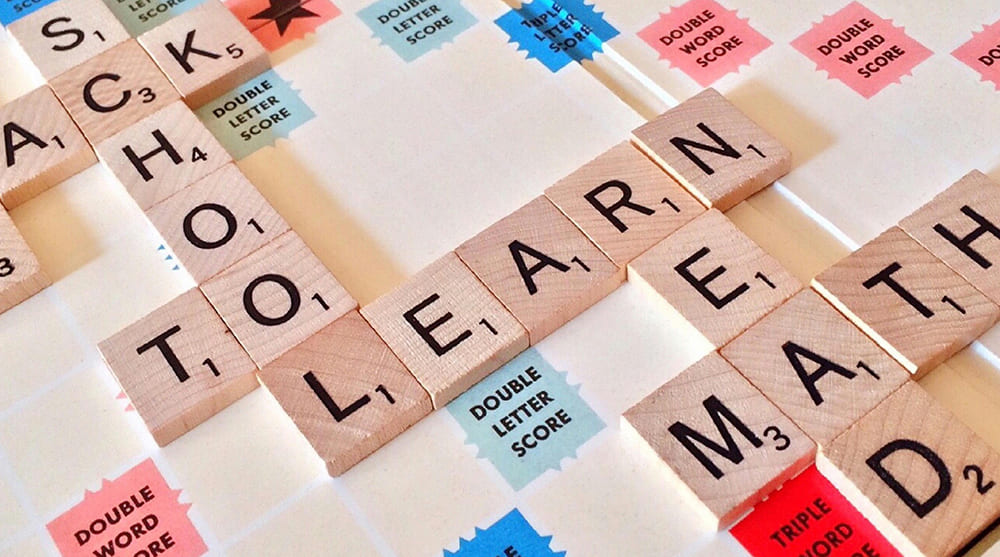
Memory Games
Playing memory games like crossword puzzles, Sudoku, and jigsaw puzzles is valuable not only for seniors but people of all ages. These games help enhance memory, boost problem-solving skills, and cognitive function.
When someone engages in a crossword puzzle, they are required to recall words, search for synonyms, and make associations, stimulating both short and long-term memory. Continuously searching for the right words upgrades vocabulary and linguistic skills while exercising memory abilities.
In Sudoku, a number game, logical reasoning and spatial awareness are essential. Players must remember number placements and devise strategies to fill in boxes correctly, thereby enhancing concentration, focus, and memory retention.
Solving jigsaw puzzles involves piecing together images, challenging visual memory and spatial cognition. Analyzing shapes and colors improves flexibility, focus, and attention to detail.
Card Games
Playing card games such as solitaire, poker, and bridge may seem like recreational activities, but they are far more than that. These games help exercise the brain, allowing the elderly to focus on strategy and enhance their memory. Additionally, they provide a means for social interaction and enhance mental well-being.
Card games like bridge are strategic and require critical thinking, memorization, and communication. Playing this game involves recalling past moves, predicting opponents’ actions, and strategizing with a partner, which can stimulate cognitive function and sharpen mental acuity in seniors.
Solitaire, played alone, still challenges seniors to understand card layouts, sequence cards, and plan their moves accordingly, thus improving memory and planning skills.
Poker, known for its complexity, involves skills like calculations, risk assessment, and maintaining a poker face. This game enhances cognitive flexibility, decision-making abilities, emotional regulation, and mental acuity in seniors.
Moreover, card games offer a social aspect for the elderly. Whether played with family, friends, or in a communal setting, these games facilitate social interaction, laughter, and camaraderie. They help alleviate feelings of loneliness, uplift mood, and promote overall mental health and well-being.
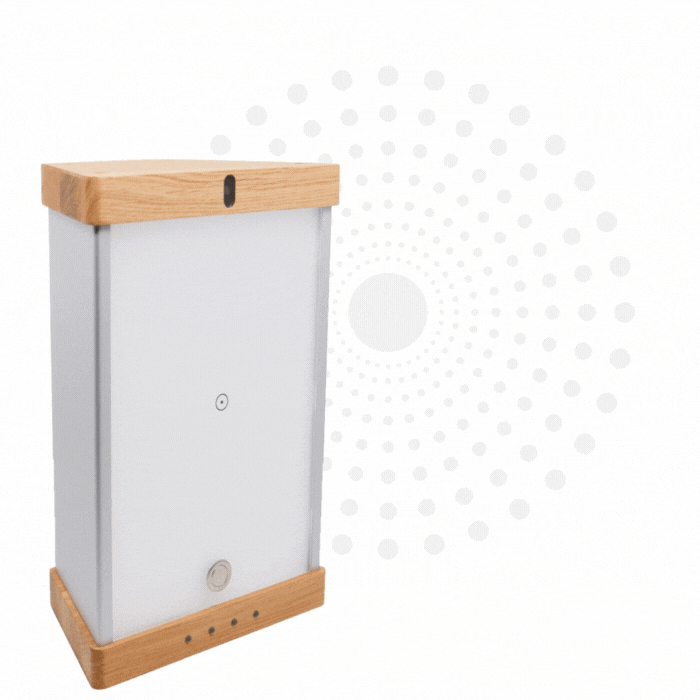
Enhance your brain performance through the power of light.
Comfortable and easy to use 40Hz light therapy to support and improve your brain function.
View Our LightBoard Games
Playing board games like chess and backgammon is not merely for entertainment but is also important for enhancing competitive brain function among seniors. These games enable players to think strategically, critically, and solve problems, potentially improving cognitive ability and mental sharpness.
Chess, for instance, offers the opportunity to strategize, think ahead, and anticipate changes in game dynamics. Analyzing board positions, possible moves, and future scenarios stimulates areas of the brain crucial for logic, reasoning, and spatial cognition.
Similarly, backgammon enhances probability skills as seniors make calculated moves based on dice rolls and board positions. Evaluating risks, options, and adjusting strategies helps with decision-making, risk assessment, and spatial awareness.
Specific Brain Fitness Exercises For Older Adults
There are specific brain fitness exercises catered for older adults, offering various activities to boost brain function and cognitive health. These mental activities focus on different parts of the brain, including word games, puzzles, and visual exercises.
Word games like crossword puzzles, word searches, and Scrabble challenge language skills, vocabulary, and verbal fluency. They stimulate parts of the brain associated with language processing and memory retrieval, improving cognitive function and communication skills while reducing age-related decline in verbal understanding.
Solving puzzles such as Kakuro or simple math exercises helps seniors solve problems and enhances logical thinking skills. Activities involving mathematical stimulation or reasoning improve concentration and mental agility in older adults, maintaining numerical understanding and proficiency over time.
Engaging in jigsaw puzzles enhances visual aid, spatial understanding, and pattern recognition, promoting spatial ability and visual functionality. These games challenge seniors in perception, attention to detail, and cognitive flexibility, improving visual processing skills.
How Can Word Games Benefit Senior Brain Training?
Playing word games such as memory card games or crossword puzzles offers a variety of benefits for senior brain training, contributing to their mental acuity and overall brain health.
Memory card games challenge seniors to recall the placement of cards, improving their short-term memory and coordination, thus enhancing cognitive function and sharpness.
Sudoku, a puzzle game requiring logical reasoning and problem-solving, stimulates critical thinking and cognitive flexibility as seniors fill in numbers and consider various possibilities.
Crossword puzzles enhance language skills, vocabulary, and verbal fluency, requiring seniors to search for words and remember synonyms, thus improving linguistic capabilities and memory retrieval.
Research has shown that seniors participating in word games and puzzles often experience improvements in memory, attention, and overall cognitive function, promoting mental well-being and cognitive function in older age.
What Number Games Are Simple Brain Training Exercises For The Elderly?
Simple number games are known to help the elderly in their brain training exercises, providing avenues to stimulate cognitive function and mental acuity. Here are some simple games:
- Sudoku: This number game challenges seniors’ logical thinking, concentration, and problem-solving skills. With a 9×9 grid and 3×3 subgrids, seniors systematically fill in numbers 1 through 9, enhancing brain health.
- Kakuro: Similar to Sudoku, Kakuro involves filling a grid with numbers, but with the added challenge of solving mathematical equations in each row and column, enhancing numerical reasoning and arithmetic abilities.
- Brain teasers: Providing seniors with brain teasers and numerical riddles engages their minds, offering mental calculation, critical thinking, and creativity, making it an enjoyable platform for brain training.
- Number crosswords: Combining elements of crossword puzzles and number games, number crosswords allow players to fill the grid with numbers instead of words.
Visual Easy Exercises For Senior Cognitive Training?
Visual games are enjoyable and a great way to provide training to seniors, stimulating different parts of their brain and thus enhancing cognitive function through entertainment. They help seniors process visually and contribute to their overall cognitive health and well-being.
Playing jigsaw puzzles, spot-the-difference games, and matching picture exercises helps seniors process patterns, remember shapes, and differentiate between different images. It also strengthens visual perception and attention to detail, important skills for everyday activities such as reading, driving, and navigating the environment.
Other games that involve colors or symbols provide an alternative to traditional number-based games. They challenge and stimulate the elderly person’s mental agility and enhance their problem-solving skills.
Can Arts, Crafts, And Music Improve Cognitive Training In Older Adults?
Yes, arts, crafts, and music help improve cognitive training in older adults. Allowing them to engage in painting, sculpting, crafting, or learning musical instruments helps enhance their cognitive functionality.
Engaging in these artistic ventures stimulates various areas of the brain linked to creativity, problem-solving, and emotional expression. Activities like pottery and knitting may assist with fine motor skills and spatial reasoning, regulating cognitive function and dexterity.
Learning musical instruments benefits seniors by improving memory, coordination, and auditory processing. It challenges the brain to integrate sensory information and motor skills, leading to improved memory, concentration, and multitasking abilities.
Participating in arts, crafts, or music fosters social interaction and provides a sense of accomplishment for seniors, reducing stress and enhancing overall quality of life. It serves as therapy, promoting emotional well-being and cognitive function for those facing age-related issues.
How Good Brain Exercises For Seniors Prevent Cognitive Decline?
Good brain exercises to prevent Alzheimer’s are essential for seniors to prevent cognitive decline. Therefore, it’s crucial to understand and recognize the early symptoms of cognitive decline in seniors, enabling effective strategies to slow its progression.
To combat cognitive decline, seniors can engage in activities such as solving puzzles, reading, and learning new skills, stimulating the brain and promoting cognitive health. Physical exercise improves blood flow to the brain and regulates mood. Providing seniors with a healthy diet rich in fruits, vegetables, whole grains, and omega-3 fatty acids supports brain health. Additionally, socializing in groups helps stimulate their brains and promotes emotional well-being.
Learn What Others Have Experienced with EVY Light
See how others have achieved a sharper mind by activating their gamma brainwaves in combination with maintaining a healthy lifestyle.







